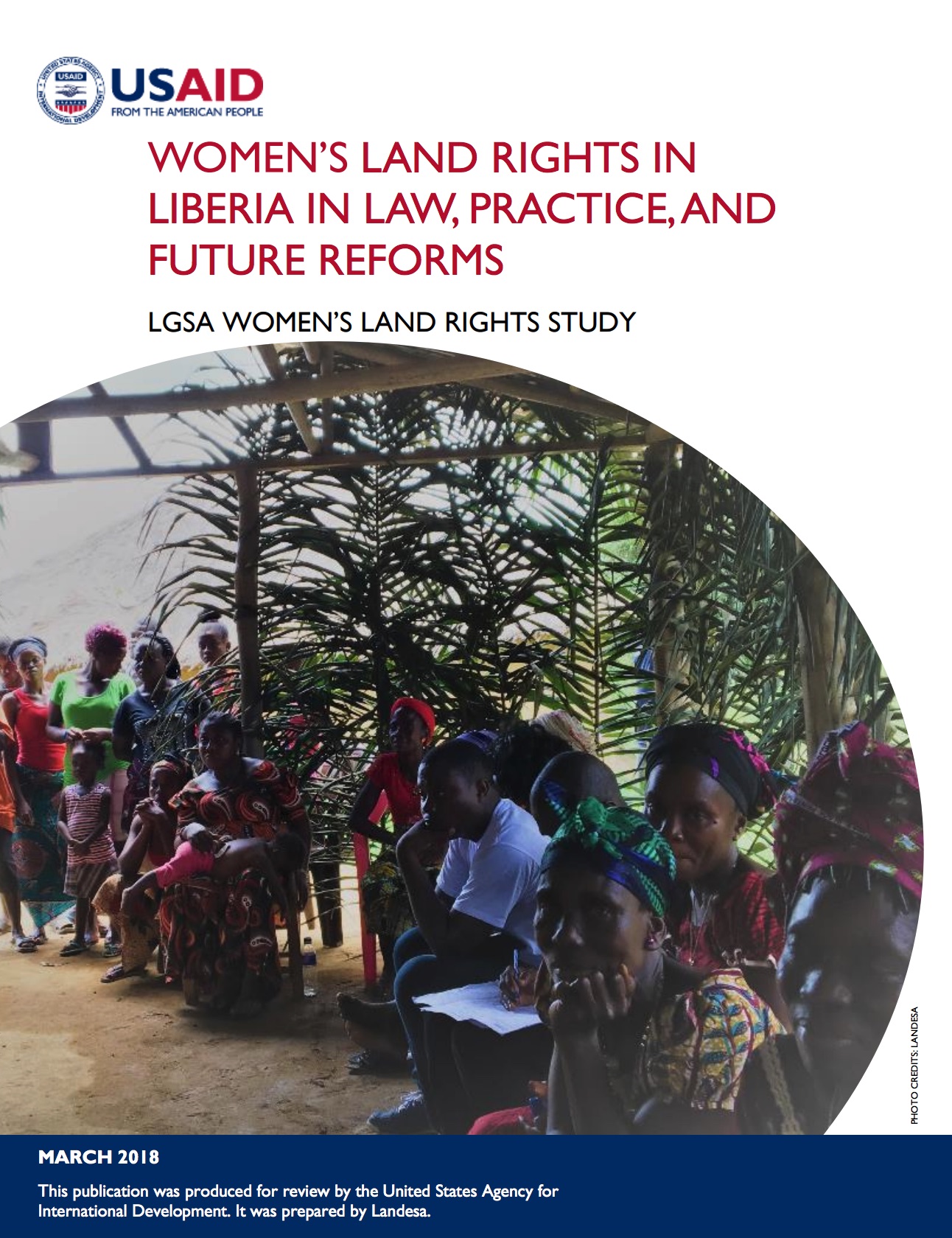The Economic Value of Forest Ecosystem Services in Myanmar and Options for Sustainable Financing
... This document reports on a study carried out to assess the value of the forest sector to Myanmar's economy, in order to justify and identify niches for developing forest-based payments for ecosystem services (PES) and other mechanisms that can be used to generate financing for forest conservation.



